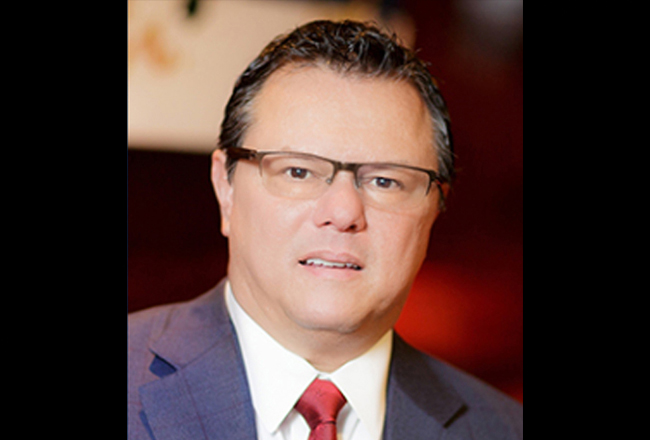Former White Plains luxury real estate developer Michael P. D”™Alessio was sentenced today in federal court in Manhattan to six years in prison for running a Ponzi scheme that bilked investors out of $58 million.
U.S. District Judge Jesse M. Furman Manhattan, also sentenced D”™Alessio, 53, to three years of supervised release and ordered him to repay the ill-gotten gains.

D”™Alessio”™s attorneys had recommended a three-year prison sentence, “given that Michael is not a predatory fraudster and that his conduct was undeniably affected by his gambling and drug addictions.”
Prosecutors had recommended a sentence of eight to 10 years, as stipulated in a plea agreement with D”™Alessio.
“His crimes were incredibly serious and he committed them with his eyes wide open,” prosecutors said. “He victimized hundreds of people through outright lies, and he corrupted the bankruptcy proceeding (that he was forced into) with more lies when his Ponzi scheme fell apart.”
D”™Alessio pleaded guilty in November to wire fraud and concealing assets from bankruptcy court in White Plains.
D”™Alessio founded Michael Paul Enterprises in 1988, concentrating on real estate development and general contracting.
Around 2015, according to the government, his business model changed. He worked on multiple projects at the same time ”“ in Westchester, Manhattan, the Hamptons and the Bronx ”“ and he began soliciting funds from private investors to supplement commercial loans.
He typically followed the same pattern. He offered shares in a limited liability company for a specific project. He promised annual returns from 9 percent to 18 percent a year, full repayment of the principal when the project finished, and a personal guarantee.
In reality, the government said, he co-mingled funds across projects and rapidly moved funds between more than 200 bank accounts.
He used the investors”™ funds on himself, to develop different projects than pitched to the investors, and to pay off monthly interest to some investors using funds from other investors in a Ponzi-like fashion.
D”™Alessio applied the investors”™ money to his own lavish lifestyle, according to the government. He paid for private residences in Westchester and South Florida, and he paid millions of dollars to casinos in the U.S. and the Dominican Republic.
His victims were young professionals who invested their nest eggs, according to prosecutors, retirees who were trying to secure their finances for their final years and real estate professionals.
By late 2017, he was unable to sustain the fraud. Internet activity on his cellphone showed searches such as “which country is best to hide money from US,” and “what is the biggest bank in the Dominican Republic.”
Last June, according to cellphone records, he stated in a text to someone, “I need some of my money tomorrow for Italy,” and “I need my 100k I gave you to hold.”
When federal law enforcement agents arrested him in his Upper East Side apartment on Aug. 30, they found $44,000 in cash, including $30,000 in a gym bag alongside a firearm.
In early 2018, three banks petitioned bankruptcy court in White Plains to force him into Chapter 7 liquidation. D”™Alessio declared $23,350 in assets and $165 million in liabilities.
He deliberately concealed more than $143,000 in assets, the government says, citing the cell phone records and cash seized in the arrest.
“The decision to turn a failing business into a vehicle for lies and fraud,” the government said in arguing for a longer prison sentence, “was the defendant”™s alone.”






















